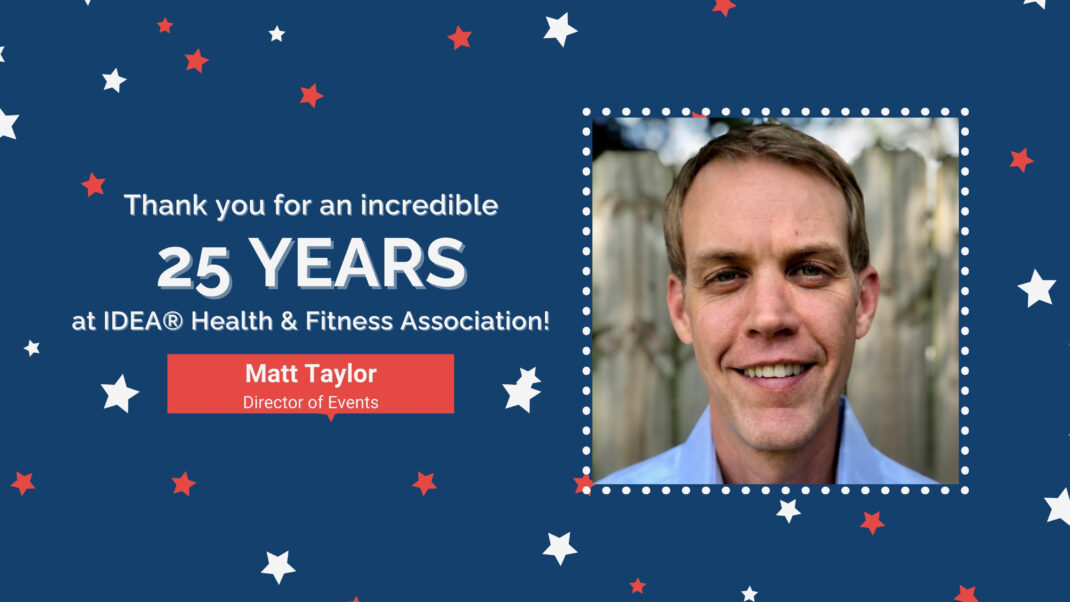Getting to the Core of Your Identity
Have you ever looked at a colleague and thought: “Boy, she really knows who she is, what she believes in and where she’s going.” More important, can you say this about yourself?
Welcome to an empowering new series dedicated to strengthening your personal foundation by developing yourself from the inside out. We will spend five issues coaching you through the construction of a sturdy foundation upon which you can build a strong personal and business identity. As you strengthen your foundation, your ability to make decisions and weather life’s challenges will be strengthened. You will be free to know, express, develop and integrate your business and personal lives. It is still true today–only the strong and the wise survive. So, let’s strengthen the muscles of your core identity and pump up your wisdom.
Lost!
When coaching client after client, I see a common thread: People today are lost, and they’re not sure where they are going in their lives or why. Many clients tread the same path day after day simply because that’s what they have grown accustomed to over the years.
The first step I take when coaching clients to succeed in business and personal ventures is to help them discover who they are today and how they think. To do this, I have clients voice their current needs, values and boundaries.
Name Your Needs
The term need refers to a lack of something desirable or useful; a physiological or psychological requirement for the well-being of an organism. Needs are the things or conditions people must have in place in their lives in order to operate maximally. Identifying those needs is important because unmet needs–consciously or unconsciously–drive our daily decisions. In fact, those needs are an overriding force in all decision making until they are finally met or satisfied.
One way to get to know yourself better is to create a list of your own top 5 personal needs. For each need you identify, write down what kind of energy that need produces, along with a conclusion as to what your life would be like if that need was permanently met.
After you have listed your personal needs, you are ready to move on to unmet needs in your business dealings. See “Identifying Your Career Needs” on page tk for a look at how to define your business requirements.
Voice Your Values
When doing an Internet search on the meaning of the word values, I found many thought-provoking examples of the term, including “to be strong; to be of worth, utility or importance; to be something that is intrinsically desirable.”
Our core values are intrinsic in nature, meaning that they are formed internally and not based on what other people want or think. Because they come from within, core values can be sustained over a lifetime because they are of high importance to us. Intrinsic values are those qualities or experiences that bestow on us the passion to live and operate at a higher level of existence. If fulfilling our needs results in gratification, then satisfying our values brings fulfillment. If you stay focused on your values, life and business become much simpler.
Too often, however, our values are squashed or repressed by unmet needs, tolerations, weak boundaries, money, other obligations and lack of clarity. The consequence of unclear values is that we get distracted from our goals and needs, we constantly change our plans and strategies, and we lack purpose and vision.
To pinpoint your own value system, try the exercise on page tk called “Reorient Your Business Around Your Values.”
Believe in Boundaries
Knowing yourself requires that you know your personal and professional boundaries. This is often one of the toughest ideals for most of my clients to put into practice. Because so many people want to please others and are afraid of setting limits on others’ behavior, boundaries have gotten a bad rap as being negative and restrictive.
As a recovering “people pleaser,” I know how hard it can be to set limits on clients in terms of cancellation policies, payment, tardiness, negative attitudes and inappropriate behavior. As I have grown personally over the past 18 years as a business owner, I have become much more confident at setting boundaries. The unexpected consequence is that I now attract more boundary-loving clients! As a result, my coaching and personal training business dealings are far more effective and rewarding.
Boundaries are about what other people do and what you will tolerate from them. Well-communicated boundaries serve as a great screening tool for new clients or employees. Think of yourself as a castle with a deep moat surrounding the perimeters and a large, heavy drawbridge with a posted guard. The moat is a boundary that prevents unwanted visitors from entering (the alligators help, too!), and the bridge is the gateway for approved people to enter. The moat protects you from the unhealthy, damaging or undesirable behavior of others. The drawbridge is the entry point for people you allow to enter your space, life and business.
Boundaries are about choice, not control. Some people may opt to disrespect your boundaries, but you still have the choice as to whom you remove from your environment. Clients and business associates can walk across your personal drawbridge by invitation, or they can run the risk of swimming with the alligators.
When defining healthy boundaries for yourself, decide what is acceptable and unacceptable behavior in your clients and employees. Plan what you will do if someone exhibits unacceptable behavior. Then don’t be afraid to act on the boundary violation in a timely and professional manner.
Getting to Know You
The key to building a strong business foundation lies in finding a meaningful and successful path for your personal life and career. The first step toward accomplishing that is to get acquainted with your own needs, values and boundaries. This small step will give you increased confidence and ability to address and meet the needs of your clients. And when your clients are happy and fulfilled, they’ll keep coming back for more.*
Sidebar: Identifying Your Career Needs
Are you having difficulty caring about your clients because of your own unmet or unaddressed needs on the job? Try this exercise to identify your current business needs.
- Identify the top 5 needs of your business or career.
- Create a “Needs Pyramid” that lists your most important needs at the base of the pyramid, with lesser needs forming the top sections.
- Find a way to get your own needs met so that you can get past yourself and meet the needs of your clients (within your scope of practice and area of expertise!).
- Understand that your product or service is only a minor piece of your clients’ lives, so your meeting their needs is critical to their commitment to exercise.
Sidebar: Reorient Your Business Around Your Values
Unclear values can lead to much confusion in business matters. Try this exercise to create a synergy between your core values and your career decisions:
- Identify 5-10 personal and professional values.
- Draw a circle that shows your core values, and post this in a conspicuous place at work to use for ready inspiration.
- Adjust your career priorities to take your values into account.
- Change your job, or redefine your tasks so they are in keeping with your values.
- Build a community of like-minded people who share your values.
- Create only “values-based” goals.
- Plan a “value-based” project. For example, if one of your values is to help combat obesity and inactivity in children, create a summer exercise and nutrition program for local kids.
Sidebar: Setting Boundaries
Knowing yourself requires that you identify healthy boundaries in your personal and professional dealings. Take these steps to create and implement your own strong boundaries with clients and business associates.
- Create a list of at least 10 personal and career boundaries.
- Give people an opportunity to grow by educating them about your newly established boundaries.
- Be gracious but adamant when establishing boundaries.
- If you do falter, solicit support from a trusted coach, therapist or friend.
- Thank or reward those who respect your new boundaries.
- Ask yourself how you may be violating others’ boundaries.
Kay Cross, MEd, president of Cross Coaching & Wellness, lives in Fort Worth, Texas. Kay is a professional business and personal coach, an educational speaker and a personal trainer. She can be reached through her website at www.kaycross.com.
@Copyright:© 2006 by IDEA Health & Fitness Inc. All rights reserved. Reproduction without permission is strictly prohibited.





